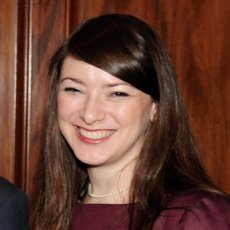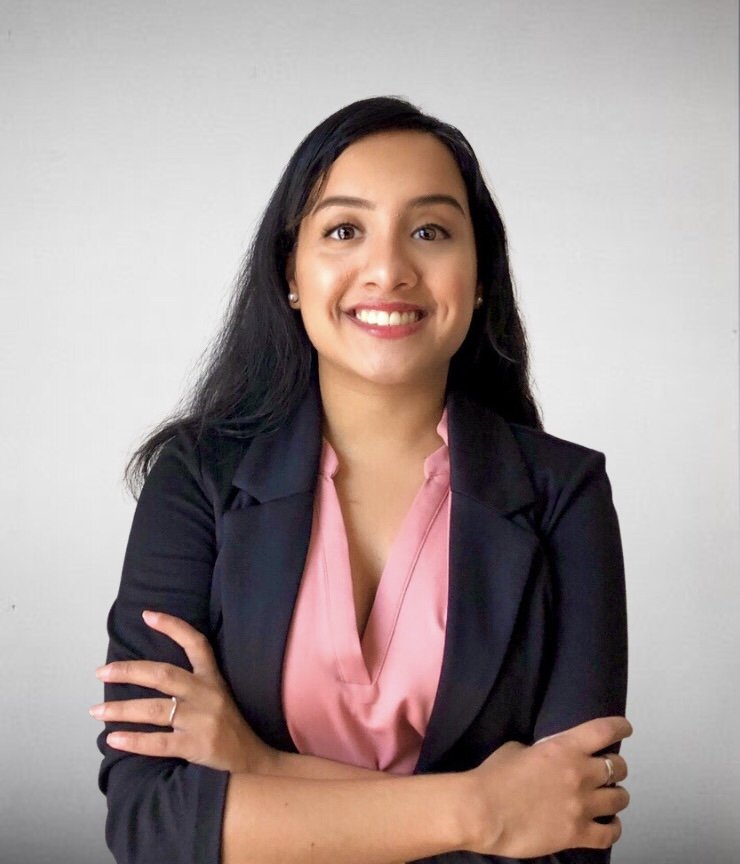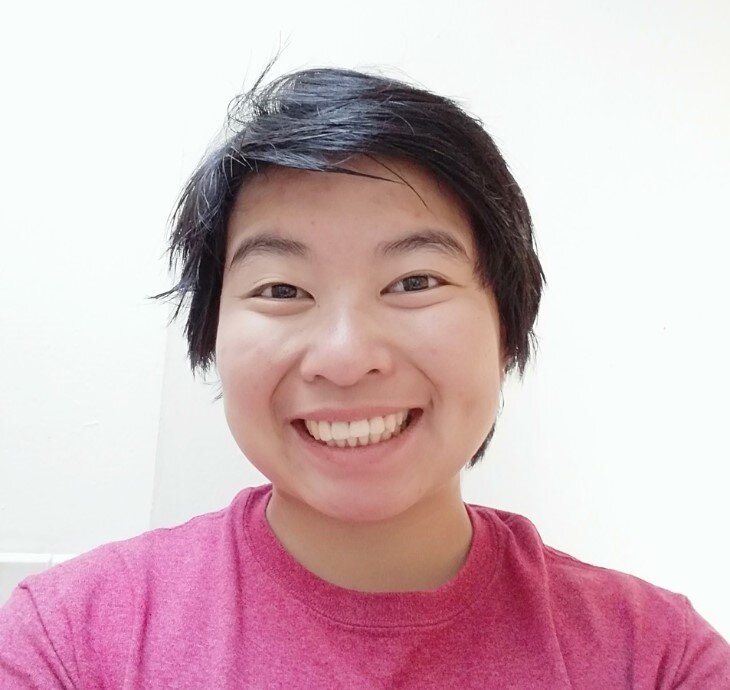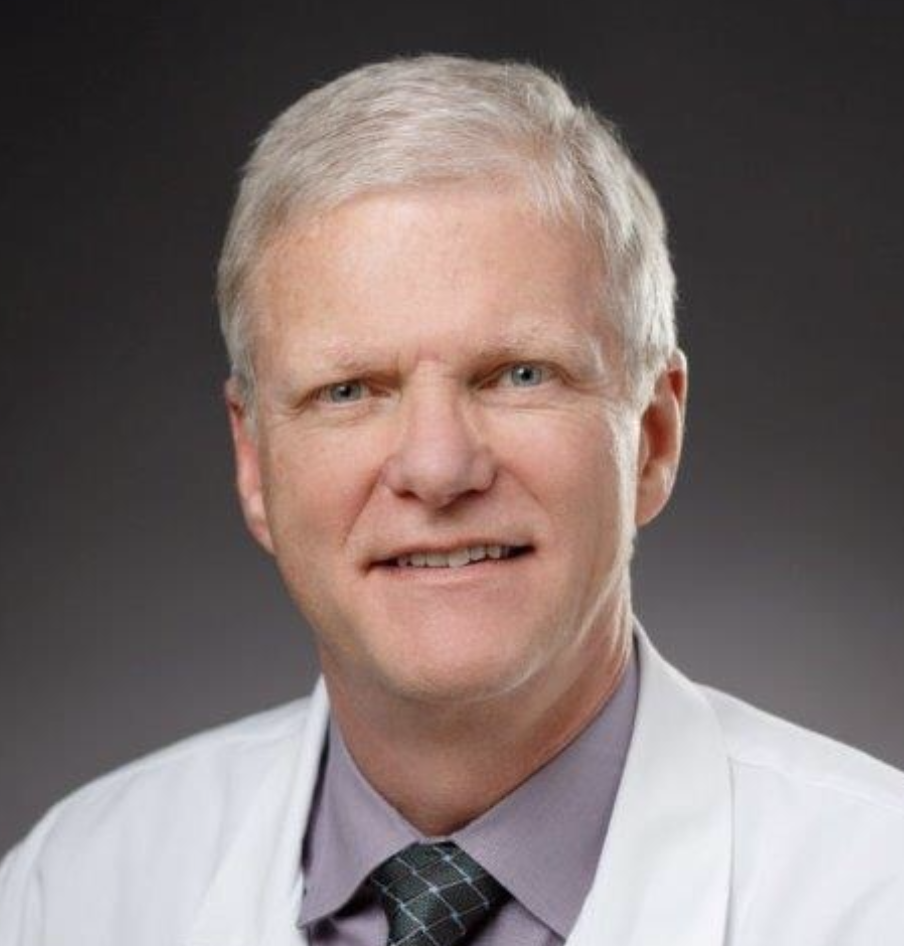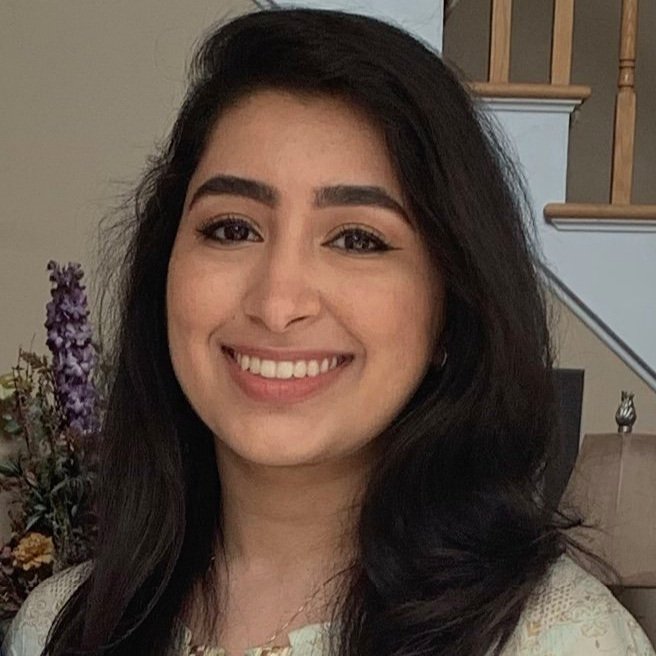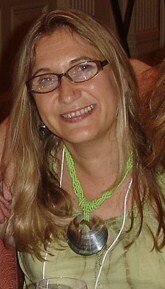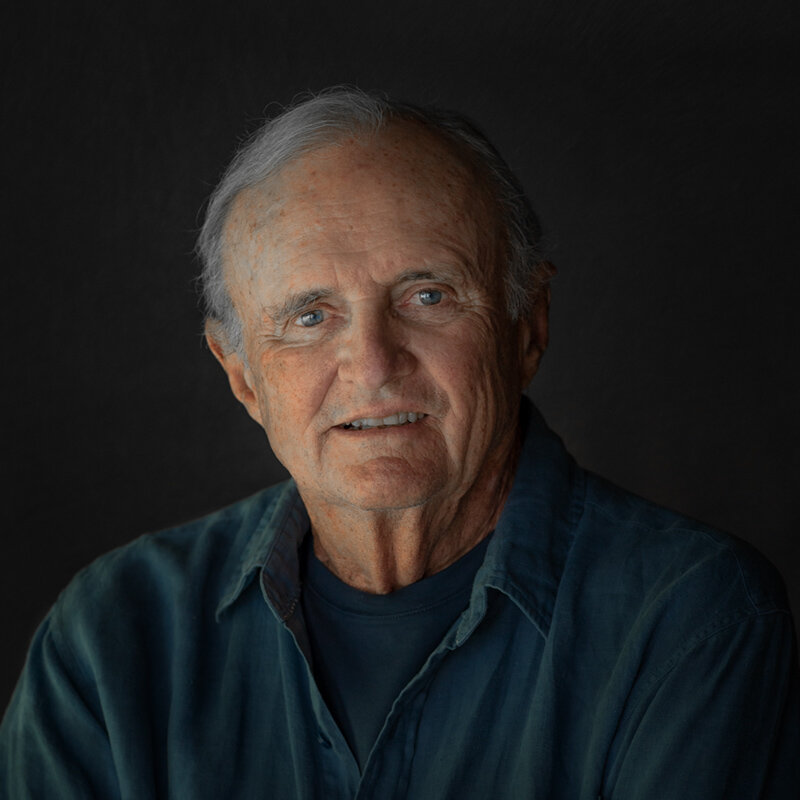Intima: A Journal of Narrative Medicine
THE EDITORIAL BOARD
In Narrative Medicine: Honoring the Stories of Illness, Dr. Rita Charon speaks of the complex nature of “hearing both the body and the person speak.” She adds, “Like narrative truth, corporeal truth may not be immediately available through its telling but is recoverable through its authentic hearing.” As editors, we hope you’ll listen closely to the remarkable narratives in the Intima, and hear them deeply and authentically with us.
PRIYA AMIN is a medical student at Harvard Medical School and a graduate of Columbia University’s Narrative Medicine program. Her academic interests center on palliative care and oncology, with a focus on how narrative can illuminate the lived experience of serious illness. Prior to medical school, she worked in educational media with organizations such as PBS NOVA and later contributed medical writing and animations to ABC News during the COVID-19 pandemic. Amin is also an award-winning writer and filmmaker. Her work has been recognized by the Association of Medical Humanities, the Columbia University Film Showcase, and the Health Humanities Consortium. Her poetry has appeared in the Brown Journal of Medical Humanities (2024), and she is an editor for both the Harvard Medical School Student Review and In Vivo, HMS’s medical humanities magazine. Amin joined the editorial board of Intima in Fall 2025.
DONNA BULSECO, MA, MS, is a graduate of the Narrative Medicine program at Columbia University. After getting her BA at UCLA in creative writing and American poetry, the L.A. native studied English literature at Brown University for a Master's degree, then moved to New York City. She has been an editor and journalist for the past 25 years at publications such as the Wall Street Journal, Women's Wear Daily, W, Self, and InStyle, and has written articles for Health, More and The New York Times. She is editor-in-chief of Intima: A Journal of Narrative Medicine, a literary journal recognized as a leader in the medical humanities world.
Bruce H. Campbell
EDITOR: Non-Fiction
BRUCE H. CAMPBELL, MD FACS completed an otolaryngology residency at the Medical College of Wisconsin (MCW) and a head and neck cancer surgery fellowship at MD Anderson Cancer Center before returning to MCW where he has spent his entire career. He completed Columbia University’s Certificate of Professional Achievement in Narrative Medicine in 2019. In addition to his clinical practice and research, he facilitates narrative medicine and writing experiences for students and residents. Campbell has published fiction, non-fiction, poetry, and humor in JAMA, the Journal of Clinical Oncology, The Examined Life Journal, Pulse, Intima, and Creative Wisconsin. His collection of essays, A Fullness of Uncertain Significance: Stories of Surgery, Clarity and Grace, was published in 2021. He is the co-editor of Character and Caring: A Pandemic Year in Medical Education and Character and Caring: Medical Education Emerges from the Pandemic.
Ruth Marks Case
EDITOR: Academic
RUTH MARKS CASE is a first-year resident in psychiatry at Stanford Health Care. She completed her undergraduate degree in French and Human Biology and her medical school education at Stanford University. Her work has appeared in Stanford Medicine. She is passionate about using storytelling as an engine for empathy in the clinical encounter and medical education. Case joined the editorial board of Intima in 2013.
On hiatus 2025
Olivia Davies
EDITOR: Poetry
OLIVIA DAVIES is a resident physician in Harvard’s Combined Dermatology Program. She completed her undergraduate degree in Medical Microbiology/Immunology and Spanish at the University of Wisconsin-Madison and her Medical Doctorate at the Medical College of Wisconsin (MCW). During her time in medical school she founded the MCW Common Read Program and served as a poetry editor for the Kern Institute’s Weekly Transformational Times. Her graphic perspective, “Needlestick” was featured in the New England Journal of Medicine and her piece “Can I Drink Coffee” was published in Character & Caring: A Pandemic Year in Medical Education. When she’s not working, she’s enjoying a cortado at a local coffee shop, working on a crossword, or making a cheeseboard for friends. Davies joined the editorial board of Intima in 2023.
Mario de la Cruz
Creative Director
MARIO DE LA CRUZ is one of the Founding Editors of Intima: A Journal of Narrative Medicine. As an Associate Director for the Division of Narrative Medicine at Columbia University's Department of Medical Humanities and Ethics, de la Cruz is involved in the development of programmatic advancements and innovative teaching strategies for their Master's of Science in Narrative Medicine program. He lectures at Columbia University, CUNY School of Medicine and Sarah Lawrence College on illness and disability narratives, social justice in healthcare, narrative in population health and graphic medicine. His previous work includes the development and oversight of HIV/AIDS prevention programs and sexual health education programs for both healthcare institutions and non-profit organizations, with an emphasis on supporting under-resourced youth groups. Mario de la Cruz is also a contributing author to the book The Uncharted Path from Clinic-Based to Community-Based Research. Currently, his work is focused on visual, oral and performance-based narratives as vehicles for empowering marginalized voices and identities.
Roxana Delbene
EDITOR: Academic, Field Notes
ROXANA DELBENE obtained a PhD in Hispanic linguistics from the University of Pittsburgh. She conducted ethnographic research in a public hospital specialized in infectious diseases, in Montevideo, Uruguay. Her experience analyzing the interactions between doctors and patients with HIV/AIDS infection had a great impact on her and it motivated her to pursue a MS in Narrative Medicine at Columbia University. Currently, she is completing a second doctoral degree in Medical and Health Humanities at Drew University. She is interested in examining how patients with contested illnesses claim credibility in writing their memoirs. She has published scholarly articles in Communication & Medicine, Sociolinguistic Studies, Spanish in Context, Critical Inquiry in Languages Studies, the Lamar Journal of Humanities, and the Intima, as well as chapters in book collections. She teaches Spanish and a course of her design titled Narrative, Health, and Illness at The College of New Jersey.
Joseph Eveld
EDITOR: Poetry
JOSEPH EVELD, M.S., M.F.A., is the Program Manager for the Division of Narrative Medicine at Columbia University Irving Medical Center, and a graduate of the Narrative Medicine Master’s program. As an adolescent he survived over two years of treatment for an aggressive form of bone cancer, turning to writing as a means to cope with this experience. Eveld subsequently focused his studies in Narrative Medicine on how creative writing can be used to improve health outcomes for patients of terminal and chronic illness. He completed his M.F.A. in Fiction at the Creative Writing program at Boston University and has been a finalist for Glimmer Train Magazine’s Short Story Award for New Writers. His poem “Cisplatin at 11:15” appeared in the Spring 2014 Intima. Eveld is currently working on his first novel.
Sina Foroutanjazi
EDITOR: Poetry
SINA FOROUTANJAZI is currently a 4th year medical student at Tufts University School of Medicine in Boston. He received his bachelor’s in science in chemistry and biology from UMass Boston, where he taught and conducted research in chemistry for several years. He was born and raised in Tehran and immigrated to the United States when he was a teenager. He is named after Ibn Sina, the famous Persian physician and polymath, whose books in medicine, law, and philosophy were taught across Europe and the Middle East for centuries. Foroutanjazi has developed a passion for medicine, education, and humanities, and has felt a great sense of satisfaction in teaching and mentoring students through their medical career. He loves to read and write poetry in Persian and English whenever he gets a chance, and hopes to use his passion for medicine and poetry to better care for his patients and mentor his students.
Malini Gandhi
EDITOR: Poetry, Field Notes
MALINI GANDHI is a second year medical student at Harvard Medical School. She is deeply passionate about literature / creative writing and the role of narrative, dialogue, and storytelling in medicine. Gandhi graduated with a degree in biology from Yale University in 2017, where she served as a Literary Editor for the Yale Literary Magazine and was a finalist at the Glascock Intercollegiate Poetry Contest. At Harvard Medical School, she co-leads the HMS Medical Humanities Student Group and is involved with the narrative medicine project "My Life My Story." Her poetry has appeared in JAMA.
Zahra H. Khan
EDITOR: Non-Fiction
ZAHRA H. KHAN, MS is a freelance editor and lecturer in the Graduate Program in Narrative Medicine at Columbia University, where she also serves as co-chair of the University Seminar on Narrative, Health and Social Justice. Since 2015, Khan has taught with community-based education programs supporting adult learners and incarcerated youth in the New York/New Jersey area. Her writing, research and community engagement emerges at the intersection of abolition, healing justice, and liberation pedagogy, and is largely informed by grassroots, QTBIPOC organizing work. Khan's work has appeared in The Lancet, Literature and Medicine, Journal of Medical Ethics and AMA Journal of Ethics.
Vivian Lam
EDITOR: Non-Fiction, Studio Art
VIVIAN LAM is the assistant health and medicine editor for non-profit media outlet The Conversation. They previously worked as a clinical researcher in thoracic and geriatric oncology and dermatology at University of California, San Francisco. They completed their undergraduate degree in Human Biology and Comparative Literature at Stanford University. They are captivated by palliative and end-of-life care, death and dying, and medical anthropology. They believe that critical theory and narrative can unveil alternative modalities of care and ways of being. They also enjoy distance running, staring vacantly into the distance, and warbling in the shower. On hiatus in 2025.
Jennifer Li
EDITOR: Non-Fiction, Field Notes
JENNIFER LI, who completed both medical school and residency training at Emory, is an academic hospitalist at Grady Memorial Hospital in Atlanta, GA. Li graduated with a BA in English literature from Emory University and was on the founding editorial board of an arts organization and literary magazine on campus. In medical school, she was an editor for the online journal in-Training and was part of an advisory board focused on diversity called Mosaic in Medicine. Aside from medicine, she enjoys playing piano and tennis, attending indie concerts, watching sad art films, consuming Asian American media and spending too much time in coffee shops. Her essay "Remembrance" appeared in the Fall 2022 Intima; her poem "The Spaces Between" appeared in the Spring 2021 Intima. Li joins the editorial board in 2025.
Sophia Li
EDITOR: Non-Fiction, Field Notes
SOPHIA LI is a first-year medical student at Harvard Medical School. She graduated from Yale University in 2024 with a double major in English and Molecular Biology. She is passionate about using storytelling as a way to connect, to question and to explore the illness experience. Li has served as Managing Editor of the Yale Scientific Magazine, the nation’s oldest collegiate science publication and is currently a Managing Editor for In Vivo, Harvard Medical School’s narrative medicine journal. Her poetry and creative nonfiction have been published in journals such as Spires, Survive & Thrive: A Journal for Medical Humanities and Cambridge Press. Li joins the editorial board in 2025.
Priscilla Mainardi
EDITOR: Fiction
PRISCILLA MAINARDI, a registered nurse, attended the University of Pennsylvania and earned her MFA degree in creative writing from Rutgers University. Her work appears in numerous journals, including Pulse - Voices from the Heart of Medicine, the Examined Life Journal, and BioStories. She teaches English Composition at Rutgers in Newark, New Jersey and has served on the editorial board of Intima since 2015.
Eve Makoff
EDITOR: Poetry
EVE MAKOFF graduated from Columbia University with a masters degree in English in 1989. She received her MD from Brown University in 1995 and completed post-graduate training in internal medicine and nephrology at Cedars-Sinai. She took her hospice and palliative boards in 2012 and since then has served as a palliative care physician and medical director. She currently is the regional medical director for AltaMed PACE, which provides wrap- around care for low-income elderly patients. Makoff has published personal and medically- themed essays in Journal of Palliative Medicine, Journal of Pain and Symptom Management, CMAJ, Brown Journal of Medical Humanities, Pulse, Journal of Emergency Medicine, Manifest-Station and others. She has a forthcoming piece in Narrative and is co-editor of a narrative medicine guidebook for use in health education that will be published by Taylor and Francis in 2025. She received her MS in Narrative Medicine in May 2024 and joined the Intima editorial board in 2024.
Natasha Massoudi
EDITOR: Non-Fiction, Field Notes
NATASHA MASSOUDI is a Child and Adolescent Psychiatry Fellow at USF who continues to work with girls' and womens' mental health across the lifespan. She completed her MD at the American University of the Caribbean School of Medicine and a MPH from Tufts University School of Medicine. She is passionate about humanism in medicine, the link between psychiatry and narrative medicine and reducing stigma related to mental health. She joined the Editorial Board of Intima in 2017.
Trisha Paul
EDITOR: Field Notes
TRISHA PAUL is a pediatric oncologist and palliative care physician in training at St. Jude Children's Research Hospital/University of Tennessee Health Science Center and a writer. She completed her undergraduate degree in English and medical school education at the University of Michigan. She published a book based on her thesis, Chronicling Childhood Cancer: A Collection of Personal Stories by Children and Teens with Cancer, and was the editor-in-chief of a medical student essay compendium entitled Iatrogenesis: Essays on Becoming a Physician. She is passionate about writing and narrative medicine, with a particular interest in the power of narrative to humanize the practice of medicine for patients, families, and providers. Her essay "Stroppy Sevens" appeared in the Fall 2019 issue of Intima.
Rachel Prince
EDITOR: Poetry
RACHEL PRINCE is a graduate of the University of Massachusetts Amherst, where she studied Psychology/Neuroscience and Creative Writing with a focus on trauma and resilience. She is passionate about the role storytelling and personal narrative play in medicine and is the founder of The Heart of Medicine, a medical humanities magazine that allows pre-med/pre-health students across the U.S. to collaborate and contribute their creative work. She enjoys writing poetry and short stories as well as composing music for the piano, and her work has been published in Overachiever magazine, mOthertongue and UMass Jabberwocky. Prince is currently a medical student at Frank H. Netter MD School of Medicine and hopes to continue combining her interests in writing and healthcare as she pursues a career as a physician.”
On hiatus: 2025
Angelica Recierdo
EDITOR: Field Notes
ANGELICA RECIERDO is a poet, health writer, and editor. She is the author of the chapbook One Last Ripe Life (Bottlecap Press, 2024). Recierdo is pursuing her MFA in creative writing at Dominican University of California and is a fellow in journalism and health impact at the University of Toronto. She holds an M.S. in Narrative Medicine from Columbia University and a B.S. in Nursing from Northeastern University. She was awarded a Global Health Corps fellowship and was on the editorial team at Doximity, the largest online medical professional network in the U.S. Her essay “Coming Out of the Medical Closet” appeared in the Spring 2014 Intima.
Holly Schechter
EDITOR: Fiction, Field Notes
HOLLY SCHECHTER teaches English and Writing at Stuyvesant High School in New York City. She graduated from McGill University with a degree in English Literature and holds an MA from Teachers College, Columbia University. She has previously served on the board of the Friends of Mount Sinai Hospital. Schechter's work can be found in Seventeen and Pregnantish, and her essay "Genealogy" appeared in the Fall 2014 Intima.
Elizabeth Spradley
EDITOR: Academic, Field Notes
ELIZABETH SPRADLEY is an associate professor of communication at Stephen F. Austin State University, where she also coordinates the communication studies program and basic courses. Elizabeth completed her Ph.D. in health communication at Texas A&M University in fall 2013 and focuses her research on autoethnography, crisis communication, health storytelling, identity, instructional communication and pedagogy, narrative medicine, and work from home. Recent publications in include journal articles in The Journal of the Motherhood Initiative and Journal of Leadership, Accountability, and Ethics, and book chapters on pandemic communication, work from home, humor in healthcare, and storying clinical encounters. She is the 2021-2022 recipient of the Jim Towns Endowed Mentoring Professorship award and seeks to invest in students, colleagues, and the community through mentorship. As a wife and mother of four, she is passionate about being a MotherScholar and spending time with her family whether that be cheering at a soccer game, watching a family movie or gardening together.
Brandon Sultan
EDITOR: Fiction
BRANDON SULTAN is a medical student at the Howard University College of Medicine. He has Master’s Degrees in Narrative Medicine and in Bioethics, both from Columbia University. He received his Bachelor’s degree in Biomedical Engineering and Political Science from Tufts University. Sultan is co-author of the piece “Team-Building Skills and Enhancing Competencies in Health-Care Professions,” featured in the book Keeping Reflections Fresh: A Practical Guide for Clinical Educators. He is inspired by his father, a Venezuelan doctor who spent 40 years practicing medicine in inner-city communities. Sultan spent 10 years along with his mother caring for his grandmother who suffered from Alzheimer’s disease. He intends to honor their legacy and pursue his passion of a career in medicine.
Daly Walker
EDITOR: Fiction
DALY WALKER is a retired surgeon. His fiction has appeared in numerous literary publications including The Sewanee Review, The Louisville Review, The Southampton Review, Catamaran Literary Reader, The Saturday Evening Post and The Atlantic Monthly. His work has been shortlisted for Best American Short Stories, a Pushcart Prize, and an O’Henry award. His collection of stories, Surgeon Stories, was published by Fleur-de-lis Press. A second collection of his stories is soon to be released. He divides his time between Boca Grande, Florida and Quechee, Vermont. He teaches a fiction writer’s workshop at Dartmouth College in Osher@Dartmouth’s summer program. His short story “Resuscitation” appears in the Fall 2020 Intima.
Grace Yi
EDITOR: Non-Fiction, Field Notes
GRACE YI, MSPH is a fourth-year medical student at the David Geffen School of Medicine at UCLA. Originally from Cleveland, she graduated from Yale University with BA degrees in Cognitive Science and the History of Public Health and Medicine and subsequently earned an MSPH degree in Sexual and Reproductive Health from Johns Hopkins Bloomberg School of Public Health. She is passionate about the role of storytelling, writing and creative expression in medicine and community health. In medical school, she was Co-Editor-in-Chief of The BEAT, the journal for literary and artistic expression at UCLA, and is a co-coordinator of the 2025 Night of Storytelling through the Gold Humanism Honor Society at DGSOM. Her written work was presented at the 2024 TEDxUCLASalon talk: “Humanizing Those Who Heal.” Yi joined the Intima editorial board in 2025.






